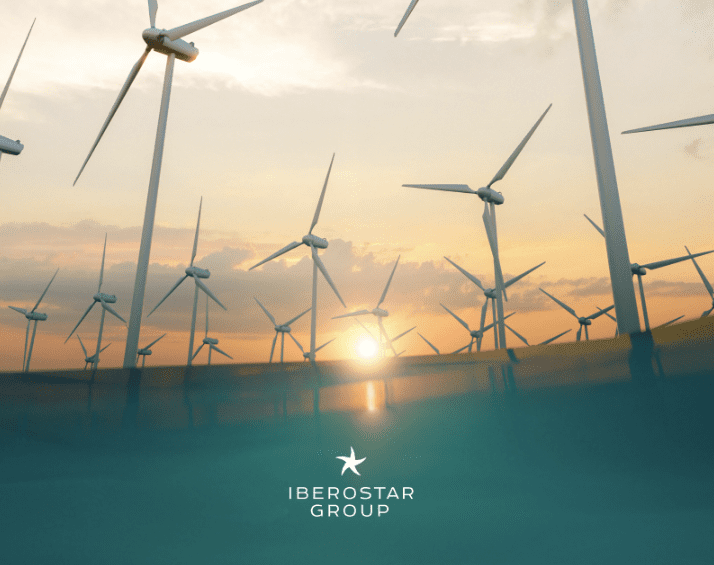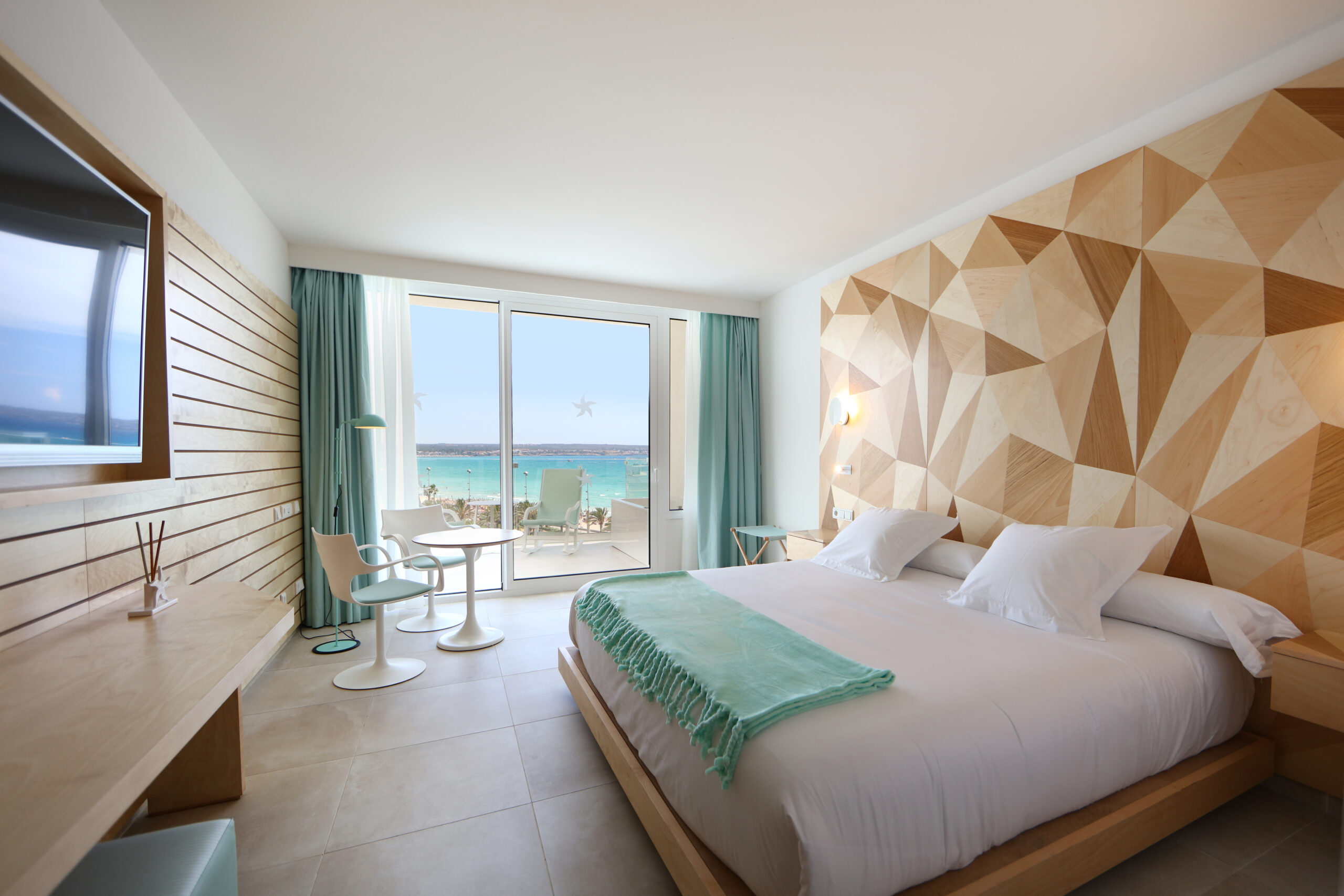These are just a couple of highlights of our comprehensive work on coastal health, view the rest in our 2020 Year in Review.
In 2020, we are happy to continue performing sound, fundamental scientific research at our coral nurseries in the Dominican Republic and Mexico. You can have the opportunity to visit these nurseries and we invite you to discover the amazing work being done to protect our coastal ecosystems. We’re also expanding our work to Jamaica and Aruba – stay tuned for these updates and to learn more about where our nurseries are located. In 2020, we made our reef restoration program multinational!
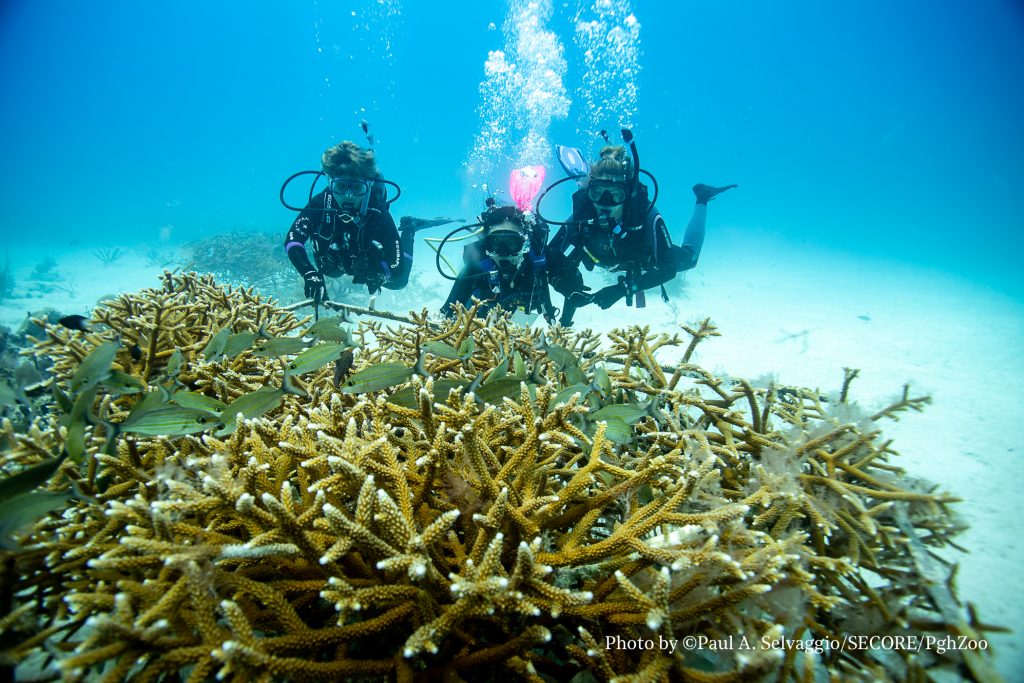
We’re featuring two of our coastal health experts’ interviews here, we invite you to read more from their interview in our 2020 Year in Review.
“Wave of Change has certainly taken an ahead of the curve position and, hopefully, a leadership role for the industry and society to follow” – Andrew Ross, PhD, Seascape Caribbean, Jamaica
“Knowledge of restoration generates added value to the tourism economy, by showing the recovery of a highly valued service, such as the biodiversity of coral reef species” – Jesus Ernesto Arias-Gonzalez, PhD, CINVESTAV, Mexico
We couldn’t be more thrilled to invite you to dive in our coral nurseries in the Dominican Republic or Mexico. In addition to the vibrant reefs, you’ll see structures – some 30 feet tall with coral slowly swaying in the current, some small and squat with coral affixed to surfaces like chess pieces. We want you to know your visit to these coral nurseries is only the beginning. While we couldn’t be more thrilled to connect you to our destinations through our Wave of Change movement, we’re also growing coral because we see it as a vital part of our business model to make sure we have beautiful beaches and thriving communities for generations to come.
The beauty of these reefs are what brought Iberostar to these destinations over two decades ago as they make up the sandy white beaches and protect the coastlines from flooding and storms. We have seen their decline – from disease to algae overgrowth and loss of critical grazers that keep the reef clean. We know the situation will become worse with climate change and are already experiencing greater damage to our properties from hurricanes. This means we must act. We must go beyond just growing coral in nurseries or underwater museums for you to visit – we must invest in science and work towards clear, quantitative targets for reef restoration.
For Iberostar, that means restoration for increased coastal protection that stands the best chance for surviving the expected impacts of climate change. In this report, we invite you to dive behind the scenes to understand our goals for reef restoration, why restoration is fundamental for tourism and why we must go beyond just coral nurseries in order to restore ecosystems.
So what does a coral nursery actually look like and how do we keep track of our structures? Here’s a map of one of our nurseries in Mexico.
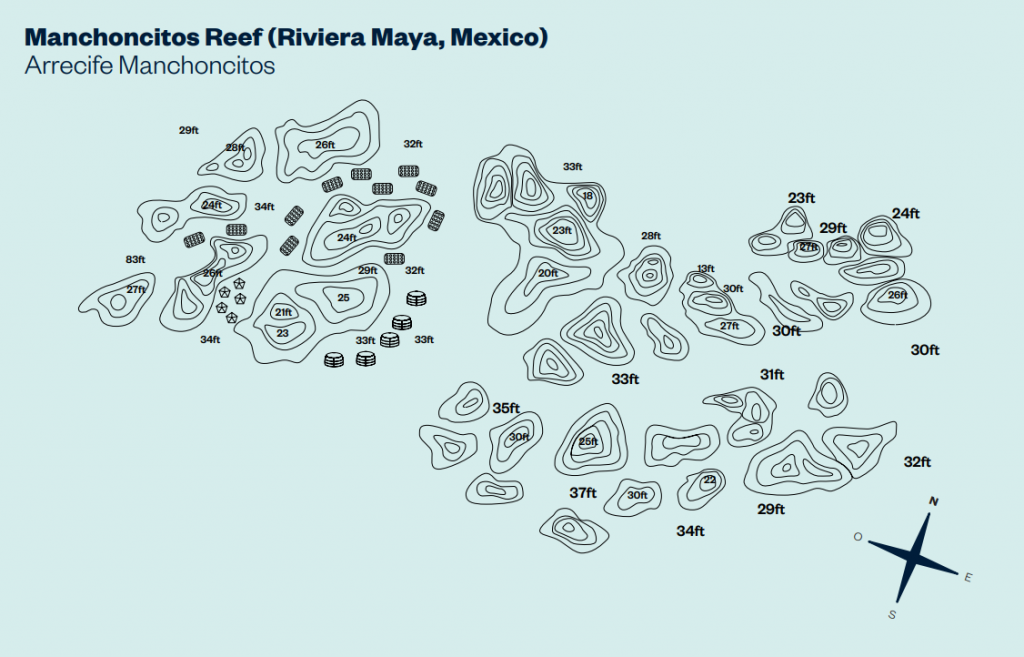
Iberostar awards 15 scholarships for marine research
Rebuilding Coral Reefs – 4 scholarships
The global coral research community had to put many crucial studies on pause during 2020 while the need for research and restoration grew even more urgent. The Caribbean basin saw one of the most active hurricane seasons on record, a coral-based pandemic from a disease called SCTLD threatened more destinations in the Caribbean and coral bleaching threatened reefs worldwide throughout the northern and austral summers. This is why we launched our first global call for researchers pushing the boundaries of knowledge for rebuilding coral reefs.
At Iberostar, we believe science, like travel, knows no international borders and that findings from around the world help us all collectively overcome barriers we face. For example, while we have announced that we plan to restore reefs for coastal protection, we still don’t know how to efficiently grow more than two species while over 60 species make up the reefs in the Caribbean. We also have no idea how to restore coral reefs so the fish that call them home will return. Reef restoration is a relatively recent field, which is why we need to catalyze the search for solutions for rebuilding coral reefs.
This is why we decided to launch these scholarships in 2020, to catalyze research around the world in four critical areas: defining objectives and goals for reef restoration, restoration in Latin America and the Caribbean Basin, restoration designed to better survive climate change, and removing barriers to scale reef restoration. We were honored to invite our Riding the Wave speakers to be the judges of our scholarship competition.
We congratulate our winners
Grant #1: Goals of Reef Restoration – Sergio Guendulain – Recovering structural complexity at coral restoration sites
Grant #2: Reef restoration in Latin America & the Caribbean Basin – Developing probiotic treatments to promote resilience and resistance to Stony Coral Tissue Loss Disease
Grant #3: Serena Hackerott – Assessment of coral stress hardening as a strategy to enhance coral restoration success
Grant #4: Natalia Uribe-Castañeda – Identifying effective strategies for community engagement in coral reef restoration
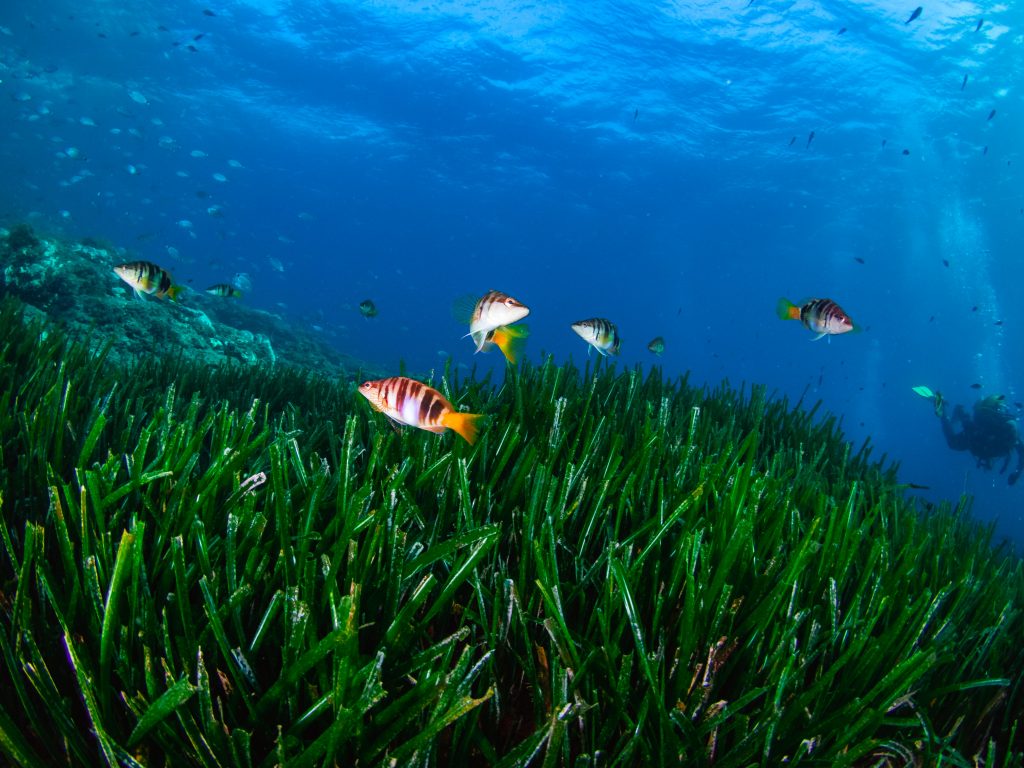
University of the Balearic Islands Catedra del Mar – 11 scholarships
Our second year of the Iberostar Catedra del Mar awards 11 new scholarships with the University of the Balearic Islands. Get a sneak peak into the research this scholarships will support in the upcoming year.
“From the Catedra and with the support of Iberostar Foundation we have given visibility to the activities performed by the students” – Guillem, Iberostar Catedra Del Mar Director
Number of applications: 47
1. Three 12,000€ scholarships for research projects (10)
2. Three 2,000€ scholarships to foster mobility for PhD students (5)
3. Five 1,500€ scholarships to present and publish research work (32)
In particular, we would like to highlight the three scholarships for research projects:
Xavier C.: Evaluation of the incidence and impact of microplastics on fishing species with commercial interest.
Susana F.: Evaluation of the impact of outfalls on the ecosystem services provided by the Posidonia oceanica grasslands
Miquel O.: (Bio) analytical methods for the study of the bioaccessibility and bioavailability of organic pollutants associated with microplastics on the coasts of the Balearic Islands
We invite you to read more about our work in 2020 on coastal health by accessing our Year in Review.


